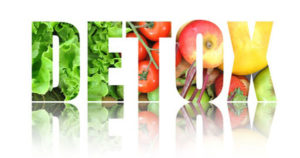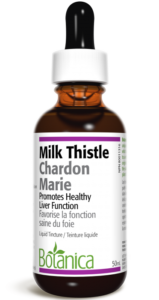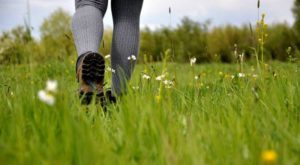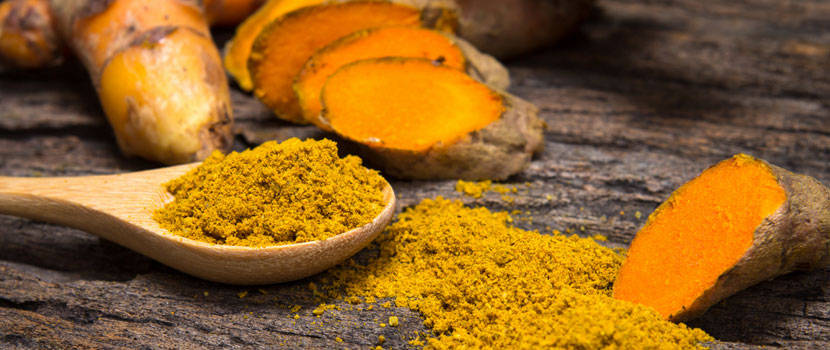What comes to most people’s mind when they think “detox” is usually a severely limited diet, strange concoctions and frequent and unpredictable trips to the bathroom. That is however far from what our bodies require in terms of detox support!
our bodies require in terms of detox support!
You see, your body is, at this very moment detoxifying. It has always been detoxifying and will continue to. Detoxification is neither un-natural nor does it necessarily require a packaged box from the health-food store. Our bodies are in a continuous process of toxin creation (a natural by-product of metabolism) and elimination. And that is why detoxification is as natural as breathing and sweating! Our organs of detoxification however, may occasionally require support to ensure the seamless and efficient elimination of toxins.
That support becomes essential when considering we are not only exposed to internal toxins –free radicals, metabolic waste products and toxic emotions- but also an ever-increasing amount of environmental toxins –not limited to air and water pollution, radiation, additives, preservatives, herbicides, drugs and cosmetics. Without a proper and efficient elimination of these toxins our bodies may eventually succumb to the detrimental effects of these toxins -including endocrine disruption (thyroid disorders/infertility), immune dysfunction, and carcinogenic effects (DNA damage).
Consequently, supporting the body in its detoxification processes becomes an essential component of good health. In order to accomplish that, we must first understand how our body clears and filters toxins. The following organ systems play a crucial role:
Respiratory– lungs, bronchial tubes, throat, sinuses, and nose
Gastrointestinal– liver, gallbladder, colon
Urinary– kidneys, bladder, and urethra
Skin– sweat glands and tears
Lymphatic– lymph channels and lymph nodes
And supporting these organ systems through the following basic guidelines is paramount for building the foundations for a good detox:
- First and foremost, reducing toxin exposure through dietary and lifestyle changes: a whole foods diet, an exercise program, self-care and soul nourishing practices
- Decreasing “bad bacteria” in the gut and Re-introducing “good bacteria”: ensuring a diet rich in prebiotics (i.e. vegetable fibers), regular consumption of fermented foods or probiotic supplement
- Improving digestion: Regularity of bowel movements to ensure removal of toxins that were eliminated through the liver thereby preventing the re-absorption of those same toxins.
- Boosting one or all of the above mentioned organ functions especially if there’s a slowing or stagnation in one or more of the detox systems. For the purposes of this article I’ll refer to this step as a Systematic Stimulation of Detox Systems (SSDS).
The last step above is where the confusion arises for most. With so many products on the market claiming to ‘detox’ how does one choose? In the same way every vehicle model requires a different type of oil for its oil change, likewise depending on your unique bodily requirements and specific toxic burdens, a unique program of SSDS is required. For example, a heavy smoker has different detoxification needs as compared to an individual who is a chronic user of NSAIDS (pain-relief medication). Consult with your Herbal Medicine practitioner or Naturopathic Doctor for your specific needs.
In an otherwise healthy individual whose goal is disease prevention while ensuring an efficient functioning of all organ systems, products that aim to improve gastrointestinal function (not a laxative) while boosting liver function, and contain skin support (usually blood cleansers) and lymph stimulants is ideal.
Here are a few things to look out for when choosing your SSDS products:
- The medicinal properties of an herb are in its unique chemical constituents. And whether an herb is considered therapeutically effective or not is dependent on the method of extraction of those substances. When using herbs, know this: an alcoholic extract (tincture) is almost always superior to a water extract (tea form) and a water extract superior to dry herb (capsule form). So, if you want your herbs to work well for you, choose a tincture!
- Look for products with at least one or more of the following herbs in each category:
- Liver supports: milk thistle, dandelion root, turmeric (1,2,3)
- Digestive support: turmeric (3), ginger, buckthorn bark or cascara (6)
- Lymphatic support: burdock (4,5), red root (7)
- Skin support: yellow dock (8), sarsasparilla (9)
 Usually a 1-2 week use of the above herbs in conjunction with a healthy lifestyle is sufficient to provide the body with a gentle and restorative cleanse. Remember that the body functions as a whole and no organ system is separate from another and so a cleanse will be that much more effective if you also:
Usually a 1-2 week use of the above herbs in conjunction with a healthy lifestyle is sufficient to provide the body with a gentle and restorative cleanse. Remember that the body functions as a whole and no organ system is separate from another and so a cleanse will be that much more effective if you also:
- Clear and clean your living environment: consider a physical de-cluttering of your space
- Clear your mind: meditation, journaling and other creative expression practices
- Nourish your soul: Practice appreciation, spend time in nature
- Physically support your body and nourish Yin: sleep & rest, gentle exercise (yoga, pilates, nature walks)
From a Traditional Chinese Medicine perspective, the best times for a cleanse is Spring and Fall. Helping our bodies’ detoxification processes however does not need to be a twice yearly event. To recap, other than the above-mentioned herbal tinctures, you can provide your body with continuous detoxification supports by ensuring a clean whole-foods diet, an active lifestyle, sufficient rest, self-care and soul nourishing practices!
References:
- Albassam AA., Frye RF., Markowitz JS. The effect of milk thistle and its main flavonolignans on CYP2C8 enzyme activity in human liver microsomes. Chem Biol Interact. 2017. June 1:271: 24-29.
- Rivera-Espinoza Y., Muriel P. Pharmacological actions of curcumin in Liver diseases or damage. Liver International. 2009 Nove; 29(10): 1457-66.
- Cai L., Wan D., Yi F., Luan L., Purification, preliminary Characterization and Hepatoprotective Effects of Polysaccharides from Dandelion Root. 2017 Aug 25;22(9)
- com. (2017). Mountain Rose Herbs: Burdock Root. [online] Available at: https://www.mountainroseherbs.com/products/burdock-root/profile [Accessed 10 Oct. 2017].
- Chan YS., Cheng LN., Wu JH., Chan E., Kwan YW., Lee SM., Leung GP., Yu PH., Chan SW. A review of the pharmacological effects of Articum Lappa (burdock). Inflammapharmacology. 2011 Oct; 19(5): 245-54.
- Cirillo C., Capasso R., Constipation and Botanical Medicines: An overview. Phytotherapy Research. 2015 Oct;29(10): 1488-93.
- Henriettes-herb.com. (2017). —Red-Root. | Henriette’s Herbal Homepage. [online] Available at: https://www.henriettes-herb.com/eclectic/kings/ceanothus.html [Accessed 10 Oct. 2017].
- Cook, MD, W. (1869). Rumex Crispus. Yellow dock, Curly dock.. [online] Henriettes-herb.com. Available at: https://www.henriettes-herb.com/eclectic/cook/RUMEX_CRISPUS.htm [Accessed 10 Oct. 2017].
- Di TT., et al., Astilbin inhibits Th17 cell differentiation and ameliorates imiquimod-induced psoriasis-like skin lesions in BALB/c mice via Jak3/Stat3 signaling pathway. International Immunopharmacology. 2016 Mar; 32:32-38.

